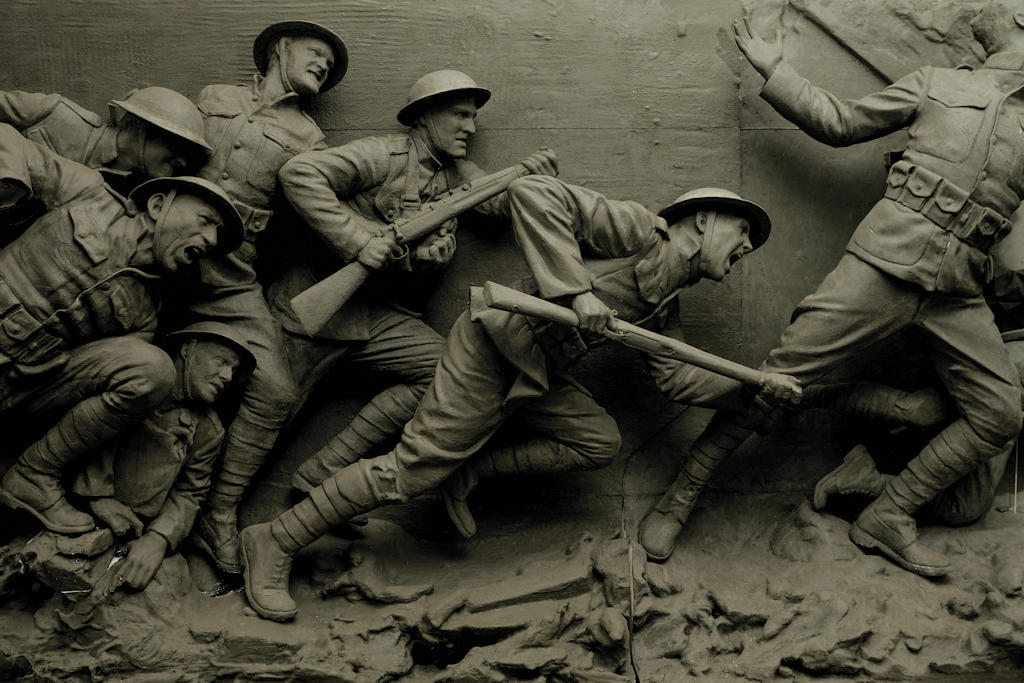As a neutral country, Portugal found itself geographically separated from the direct impacts of the war, allowing Lisbon to maintain relative stability and escape the devastation experienced by many other European cities. This stability, coupled with its strategic location as a transatlantic port, made Lisbon an essential hub for diplomatic activity and international communication.
One of the most significant diplomatic contributions of Lisbon during World War I was its role as a mediator for peace negotiations. Several countries involved in the conflict established diplomatic missions in the city, taking advantage of its neutral status to hold discussions and engage in diplomatic efforts. Lisbon became a hub for secret negotiations and exchanges, with diplomats and envoys from various nations converging in the city to seek peaceful resolutions.
Moreover, Lisbon served as a transit point for refugees fleeing the war-torn regions of Europe. The city welcomed a significant influx of individuals seeking safety and shelter, including political exiles, intellectuals, artists, and others displaced by the war. The local population and organizations worked tirelessly to provide support and assistance to those in need, establishing relief centers, refugee camps, and aid programs to alleviate suffering and help rebuild shattered lives. The war also had a profound impact on the social and economic fabric of Lisbon. As supplies and resources became scarce in Europe, Lisbon's port became a vital link for the import and export of goods. The city experienced a surge in trade, with industries and businesses thriving due to increased demand. Lisbon became a bustling hub of commerce, attracting entrepreneurs, traders, and opportunists who sought to take advantage of the war-induced economic boom.
Additionally, the influx of foreign diplomats, refugees, and international travelers brought new ideas, cultural influences, and cosmopolitanism to Lisbon. The city witnessed a vibrant exchange of knowledge, arts, and intellectual discourse. Many renowned artists, writers, and thinkers sought solace in Lisbon during the war years, contributing to the city's intellectual and creative renaissance.
Lisbon.vip Recommends
Furthermore, Lisbon's status as a neutral ground and its engagement in international affairs paved the way for Portugal's participation in the negotiations of the Treaty of Versailles, which marked the end of World War I. Portuguese delegates were present at the negotiations, ensuring the country's voice was heard in shaping the post-war order.
While Lisbon may have been geographically distant from the frontlines of World War I, its significance as a neutral city and diplomatic center cannot be understated. The city played a crucial role in providing humanitarian aid, fostering diplomatic negotiations, and witnessing profound social and economic changes. The experiences of Lisbon during this tumultuous period highlight the resilience of a nation and the impact that a neutral ground can have on shaping the course of history.
As the world commemorates the centennial anniversary of World War I, it is important to recognize the role of Lisbon and other neutral cities in offering a glimmer of hope amidst the chaos of war. Lisbon's ability to maintain stability, provide humanitarian support, and engage in diplomatic efforts during this challenging period exemplifies the power of diplomacy, empathy, and the pursuit of peace in times of global crisis.



